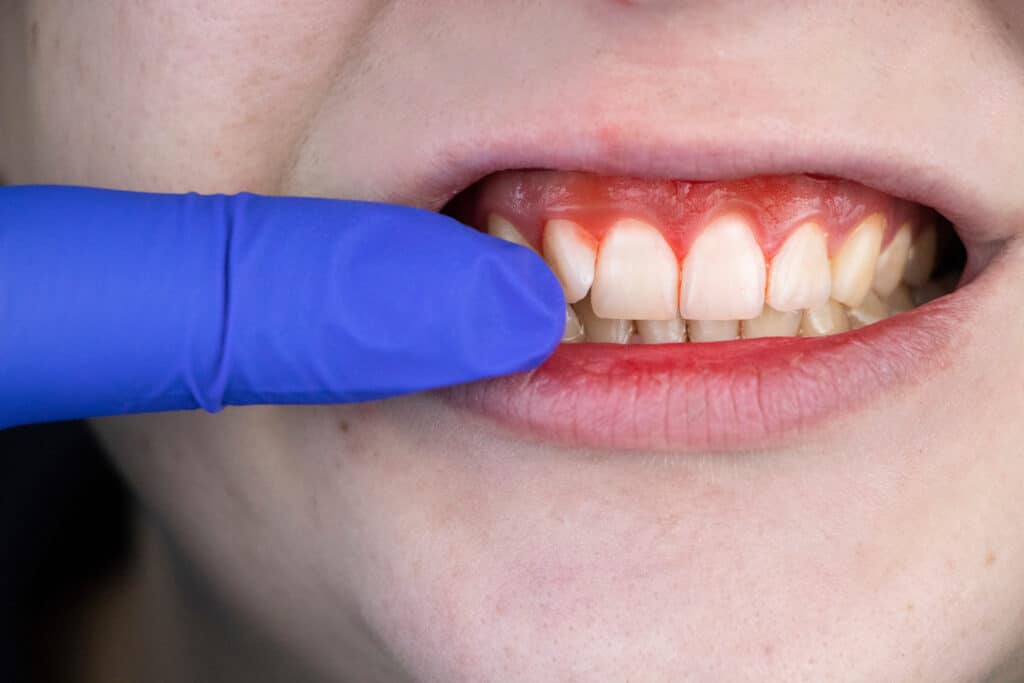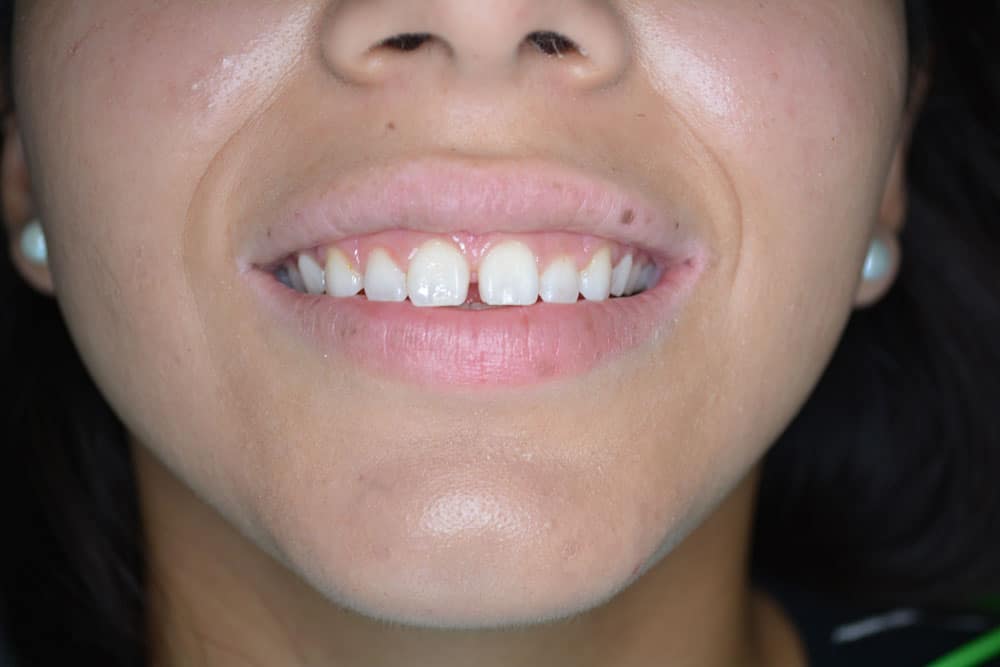What Do You Know About The Gum Recession? from Darren Fuller's blog
Gum disease includes gum recession as a subtype. The roots of your teeth become visible as your gum tissue begins to move away from them. There is more chance of developing cavities as an outcome. When you brush or chew, the teeth may turn more sensitive. According to the dentist at Dental Clinic near me, Gum recession can range from minor to severe and could impact one or several teeth.
Who does gum recession affect?
Although gum recession can affect persons of all ages, it most frequently affects those over 65. A recession is more likely to occur if you:
- Afflicted with gum disease and had orthodontic braces or other therapy.
- Use tobacco chewing.
- Have your tongue or lips pierced.
- Strenuous tooth brushing.
How do they fix the gum recession?
Gum recession treatmentis primarily dependent on the underlying reason. Nonsurgical remedies, such as topical antibiotics, dental bonding, or orthodontics, may help with mild occurrences of gum recession. However, in most cases, gum recession surgery is required to resolve the issue entirely.

How does gum recession surgery help?
The most reliable and durable gum recession treatment is gum graft or laser gum surgery. Usually, periodontists perform this operation and use a gum transplant during this surgery to replace your missing gum tissue. The graft is typically taken from the roof of your mouth, while sporadically may originate from tissue from a sterile human donor.
The surgeons at Houston Dental Offices sew the gum graft into place once it is in the ideal position. Gum grafting remedies come in various forms, and your surgeon can help you choose the best one for your situation. Gum grafting techniques today involve minimal discomfort.
How to reduce gum sensitivity?
Pain or sensitivity are common symptoms of gum recession. It is due to the lack of protective enamel on your tooth roots. Cementum, which is their covering, is not as robust. To lessen the discomfort caused by receding gums, your dentist may use fluoride varnish or other desensitizing chemicals. Desensitizing toothpaste is another something you may use at home. Additionally, Dentist Near Me may utilize anesthetics to make you more at ease while performing dental cleanings.

What is the best toothpaste for receding gums?
Desensitizing toothpaste can assist in reducing the discomfort that gum recession causes. Look for active components such as potassium nitrate, strontium chloride, stannous fluoride, and arginine. These chemicals soothe the nerves inside your teeth. It can take many weeks for desensitizing toothpaste to start functioning, and it works best when used regularly.
How long does recovery from gum grafting surgery take?
How many teeth need treatment, where the gum graft came from, and the sort of grafting surgery used will all affect how long it takes you to recover. People who get gum recession surgery typically feel normal again in approximately two weeks. You'll receive thorough postoperative instructions from your surgeon, and you should carefully adhere to these guidelines to ensure a comfortable, effective recovery.
Conclusion
We hope the above-provided information will help you learn some helpful information regarding gum recession and gum recession treatment. For further important details, please visit laserdentistrynearme.com.
Article Source : https://www.articleaffiliate.com/what-do-you-know-about-the-gum-recession/

The Wall